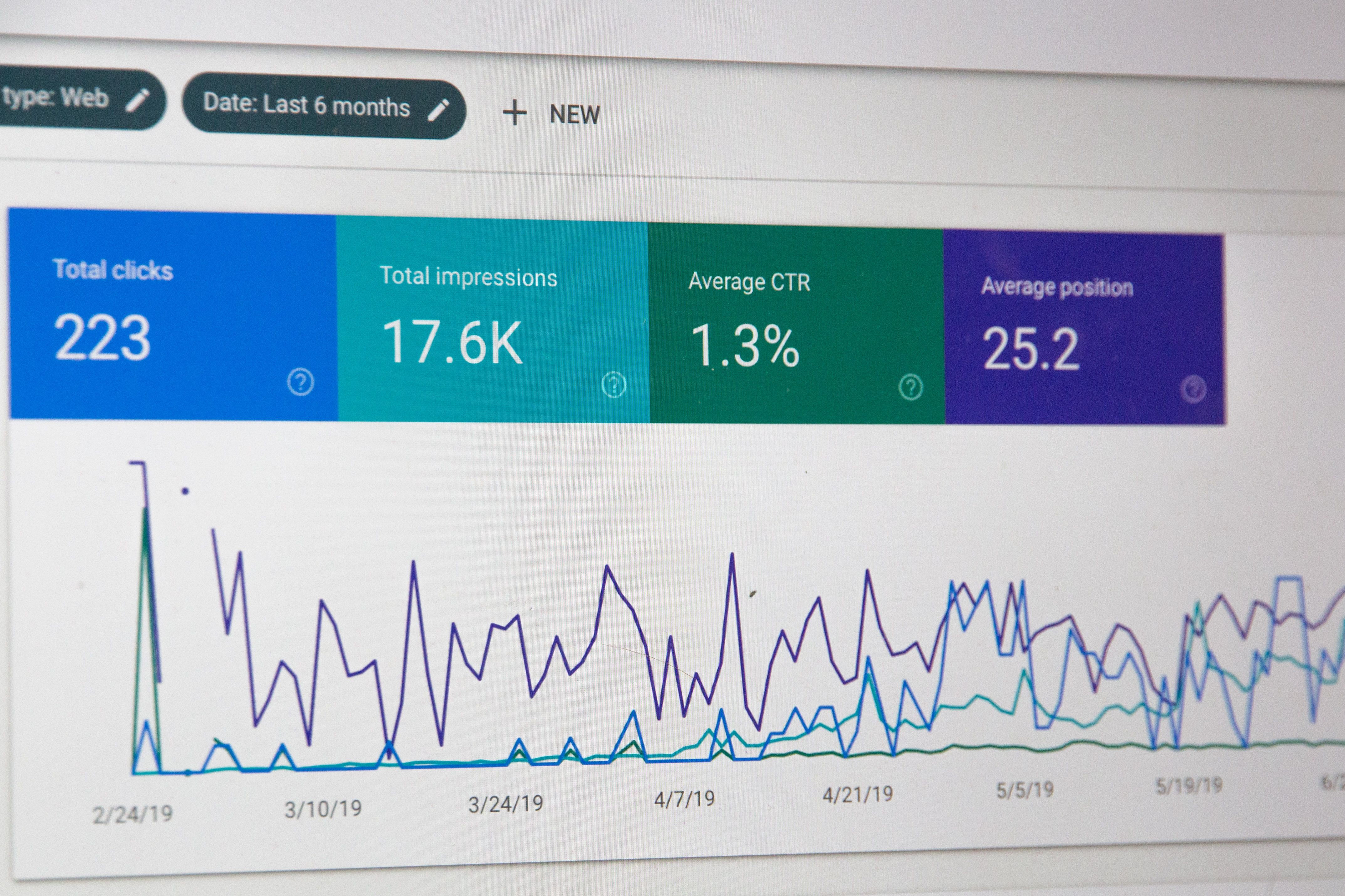Search engine optimization (SEO) can be a bit of a mystery. Creating content that will help people find you on Google is essential, but it can take time to know exactly how and where to focus your efforts.
In this blog post, we'll share six tips for choosing the right SEO keywords to get the most out of every piece of content.
1. What Are SEO Keywords and Why Are They Important?

The first step in choosing keywords is knowing what they are and their importance. SEO keywords are words or phrases that people type into search engines when looking for information. By understanding which terms and phrases online users use to find information, you can identify the most relevant keywords in order to optimize your website content and rank higher on search engine results pages (SERPs).
SEO keywords are important because they impact your business’s ability to be found by your target audience. When content is optimized with relevant SEO keywords, it makes it easier for people to find you in the search results and increases the chances of driving organic traffic to your site.
2. Determine Your Chance at Ranking For a Keyword

When it comes to ranking for a keyword, choosing the right one matters. When faced with your competition -- a major brand with high domain authority on highly competitive keywords like 'coffee' or 'SUV,' for example -- it's important to consider your chances of ranking for a specific keyword and develop your strategy from there.
Instead of trying to compete head-to-head, try to focus on low competition keywords or more specific phrases related to your brand and content.
When selecting SEO keywords, it's important to consider both short - and long-term goals. Short-term goals might include increasing traffic or improving rankings in search engine results pages (SERPs). Long-term goals could involve building brand awareness or increasing conversions from organic search traffic.
3. Check Your Competitor’s Keyword Strategy

When choosing the right SEO keywords for your business, consider what your competitors are doing and how they’re ranking for certain keywords.
SpyFu's Competitor Insights Tool and Ahrefs Site Explorer can help you identify which keywords your competitors are targeting and how successful they have been in terms of organic search traffic.
Compare metrics such as keyword difficulty, search volume, and estimated CPC. Analyzing the data will give you valuable insight into which keywords would be most beneficial to target and optimize for.
Visiting your business competitors' websites, forums and social media platforms can also be a great way to get insight into the things that matter most to your audience. Using this research, you can identify the keywords they are targeting and use this information to inform your own keyword strategy.
You can also use those visits to learn more about the topics and content formats that appeal to your target audience. This will provide invaluable knowledge about what kind of keywords would be most effective for you to use in your own marketing campaigns.
Knowing what your competitors are doing can help you gain a competitive edge by identifying areas of opportunity where you can fill gaps in their keyword strategy. This will ensure your website stays one step ahead of the competition and continues to draw in high-value traffic from organic search engines.
4. Use Keyword Research Tools

One of the most effective ways to choose the right SEO keywords is to use a keyword research tool such as Google Keyword Planner, Moz Keyword Explorer or SEMrush Keyword tool.
These tools allow you to enter a keyword phrase and see related terms that people are searching for on Google. You can also get an idea of how competitive each keyword is by looking at its search volume for specific terms, cost per click (CPC) rate and compare analysis of competitor performance. With search volumes data, you can better target your content to the topics that are most relevant to your audience.
The competition level will help you assess how hard it will be to rank in organic search results for a given keyword. Finally, analyzing relevance will ensure that the keywords you choose align with your business goals and intended message.
5. Focus on Long-Tail Keywords

Long-tail keywords can be an invaluable tool for businesses looking to improve their SEO strategy. Long-tail keywords are longer, more specific phrases that are less competitive and often have higher conversion rates than generic keyword phrases.
Compared to single words or phrases, long-tail keywords offer several advantages such as:
- They’re more precise: Long-tail keywords are generally longer and more specific than generic keyword phrases. This makes it easier to target audiences who are more likely to be interested in what you have to offer and increases the chances of conversion.
- They’re less competitive: Long-tail keywords tend to be searched less often and thus have lower competition than short generic terms, which makes them easier and faster to rank for.
- They can provide higher quality traffic: With a well-thought-out long-tail keyword strategy, businesses can draw organic traffic with high intent that is more likely to lead to increased conversions and sales.
By including long-tail keywords in your content strategy, you can not only boost your search rankings but also improve the user experience by providing more relevant information.
Additionally, by focusing on these kinds of precise terms, you can stand out from competitors who may be targeting the same generic or shorter phrases.
6. Don't Forget Content Optimization

Without content optimization, even the most carefully chosen keywords won’t be as effective for a business looking to boost its ranking in search engine results pages (SERPs).
Content optimization helps ensure the web pages associated with particular keywords are visible and relevant to potential customers. It allows businesses to send signals to search engines regarding the quality and relevance of their pages, as well as the context of their chosen keyword phrases.
Here are three key elements of effective keyword optimization:
- Incorporate the keywords naturally: After identifying keywords, make sure they’re incorporated into your content in a natural, optimized way without sounding overly repetitive or forced.
- Optimize for multiple variations: Use related variations of the same words throughout your content, as this will help you target different types of searches and avoid keyword stuffing penalties.
- Refresh old content periodically: Over time, certain keywords may become more valuable than others. Keep an eye on this by reviewing and refreshing old content occasionally to incorporate new relevant terms and ensure it matches today's trends.
In short, content optimization is just as important as choosing the right keywords when it comes to Search Engine Optimization.
In Conclusion
Leveraging SEO for better visibility is essential. Once you have a strong foundation in place and know your targeted keywords, you'll be able to maximize your content's reach both organically and through other channels.
Following these steps, you can confidently choose the right SEO keywords. If you have additional questions or would like assistance identifying your best keywords, don’t hesitate to reach out to us.



